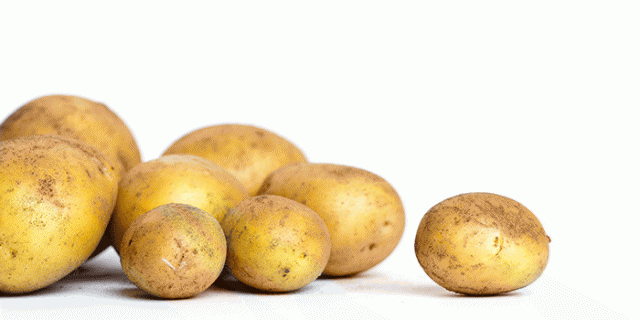Innovation Fund Denmark is investing DKK 14 million (US$2.18 million) in a project that uses potato and seaweed residuals in ingredient production.
Today, seaweed and potatoes are used to extract a variety of additives for food production.
This generates large quantities of residual products, which are converted with a very low value and sold as animal feed or end up as waste.
If these residual products, which contain valuable proteins, can be extracted sufficiently cost-effectively and efficiently, they can be used to produce various additives such as preservatives, flavoring agents, and emulsifiers.
With the investment from Innovation Fund Denmark, researchers from the Technical University of Denmark (DTU) and Aalborg University will—in collaboration with five companies—develop tools that use knowledge about protein sequences to scan the residual product for proteins having properties that make them useful in the production of additives.
“The new tools will add value to the residual products and ensure a better utilization of produce,” says Professor Egon Bech Hansen, DTU Food.
“The additives in which the extracted proteins will be used, will, among other things, help to extend food shelf life, so also in this respect does our project help to fight resource waste.”
The researchers will also develop tools to select precisely those parts of the proteins that are to be used in production.
The residual products are currently sold at a price of DKK 1-15 per kg.
The project partners expect that the extracted protein can be sold at a price per kg that is 10,000 times higher, depending on what it can be used for.
On a global scale, very large quantities of food are lost, because they are not used in time.
In the developing countries, it is particularly at the producers that the food products rot.
In industrialized countries, it is the consumers who do not use the food products before their best before date.










